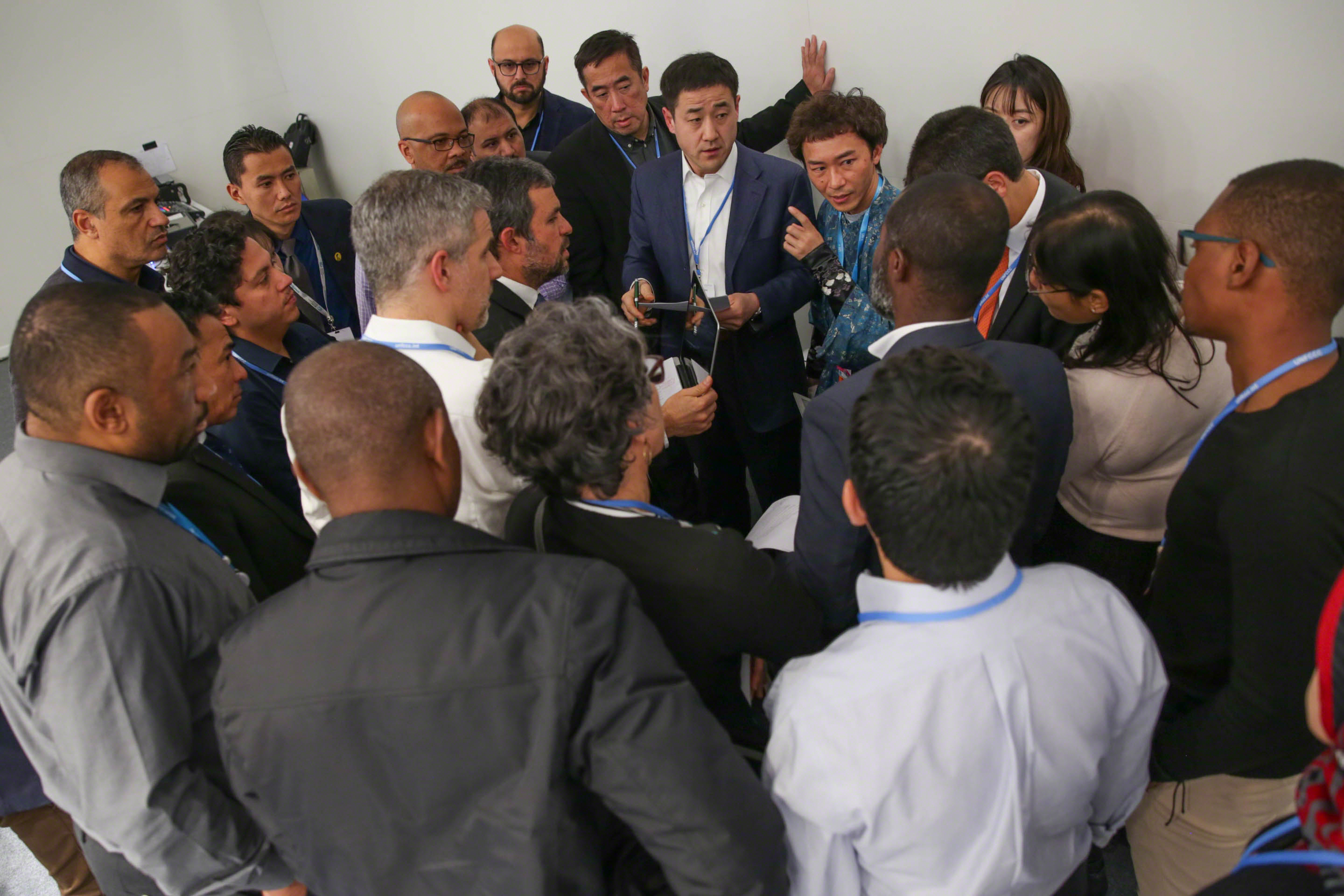Summary

The Chile/Madrid Climate Change Conference concluded its first week in a flurry of discussions over the various issues due for completion before the subsidiary bodies close on Monday.
Success was mixed. The subsidiary bodies will have “clean,” or agreed, decisions to consider for national adaptation plans and the Poznan strategic programme on technology transfer. After protracted negotiations, delegates agreed to a decision on research and systematic observation, which addresses global cooperation on climate monitoring and data. Negotiations continued well into the night on loss and damage, another technology item, transparency, and the review of the long-term global goal.
Delegates were unable to find agreement on several issues, including common time frames and agriculture. In many cases, parties hoped that discussions among heads of delegation could resolve the issues by bringing together the few parties that remain in disagreement. The imminent arrival of ministers adds some pressure, as negotiators expressed a reluctance to bring all these unagreed texts to the political level.
Delegates working on Article 6 (market and non-market mechanisms) waited throughout the day for the next iteration of the texts. Discussions on these were scheduled to start late in the evening, but were eventually postponed until Monday, 9 December. Many expect this issue to go to ministers. Uncertainty remains about what elements could be decided on at COP 25, and which ones would require additional time to create more detailed guidance on certain methodologies.
The COP Presidency held an open dialogue between parties and observer organizations. COP 25 President Carolina Schmidt emphasized the need to bring together all actors to catalyze more ambitious commitments and action. Observers used the opportunity to discuss the broader picture, and multiple crises the world faces. Trade Union NGOs warned of “social tipping points” that, when crossed, undermine peoples’ support for climate policy. Environmental NGOs pointed out the looming environmental tipping points. Indigenous Peoples’ Organizations called for real, not “token,” engagement with traditional knowledge in the search for solutions. Also seeking wider inclusion, Youth NGOs called for making science available to all and supporting the participation of observers from developing countries.
In the context of three workshops on energy, transport, and human settlements, the Marrakech Partnership for Global Climate Action also underscored the important role of science. Several of the speakers discussed how to foster credible, science-based solutions that are effective and profitable. The intersection of those interests, particularly in the energy sector, were stressed as key to unlocking climate ambition by all.
For more details on the day’s negotiations and to hear what delegates said in the corridors, see our daily Earth Negotiations Bulletin (ENB).

